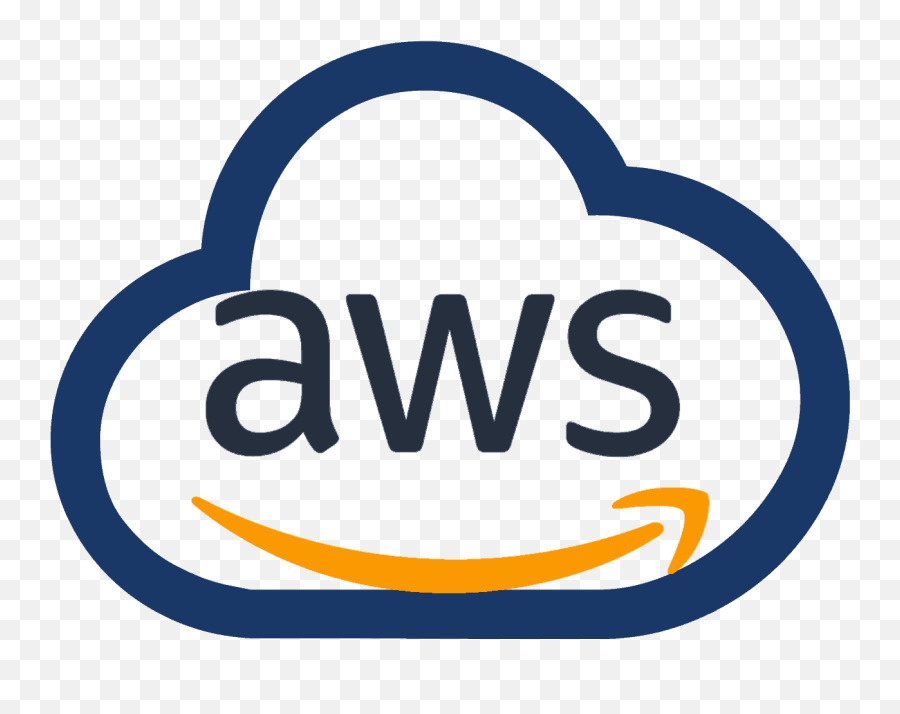A Kubernetes pod is a collection of one or more Linux containers, and is the smallest unit of a Kubernetes application. Any given pod can be composed of multiple, tightly coupled containers (an advanced use case) or just a single container (a more common use case).
*** Official Pro Document:
https://kubernetes.io/docs/reference/kubectl/cheatsheet/
Pod will contain one or more container.
IF in pod when we have more than one containers those container we called as sidecar & Ambassador container etc...
Note: when container will create inside the pod it will create along with pod one volume knows as EmpDir.
##################Lets Play with Pod#########################
To get the dynamic declarative yaml file from kubectl command
kubectl run podname --image=nginx:version
Ex:
kubectl run nginxpod --image=nginx:latest
--dry-run it will give us the plan but it won't be execute
ex: kubectl run nginxpod --image=nginx:latest --dry-run=client
**To convert CMD command into yaml declarative way
kubectl run nginxpod --image=nginx:latest --dry-run=client -o yaml
Sample is:
apiVersion: v1
kind: Pod
metadata:
creationTimestamp: null
labels:
run: nginxpod
name: nginxpod
spec:
containers:
- image: nginx:latest
name: nginxpod
resources: {}
dnsPolicy: ClusterFirst
restartPolicy: Always
status: {}
* By default for pods restart policy will be always restartPolicy: Always
apiVersion: v1
kind: Pod
metadata:
labels:
run: nginxpod
name: nginxpod
spec:
containers:
- image: nginx:latest
name: nginxpod
restartPolicy: Always
To run a pod or k8 manifest in fast mode use the
pod/nginxpod created
$ kubectl get pods
NAME READY STATUS RESTARTS AGE
nginxpod 1/1 Running 0 6s
Troubleshoot a pod
kubectl describe pod podname -n namespace
kubectl logs podname -n namespace
** To check the container logs
kubectl logs podname -c containername
Sample pod file:
apiVersion: v1
kind: Pod
metadata:
labels:
run: nginxpod
name: nginxpod
spec:
containers:
- image: nginx:latest
name: nginxpod
volumeMounts:
- mountPath: /test
name: test-vol
- image: rajeshsingam/prod-working-flask:latest
name: dummytest
volumes:
- name: test-vol
emptyDir: {}
restartPolicy: Always
========================Replica Set & Controller=============================
ReplicaSet is the next generation of Replication Controller. Replication controller is kinda imperative, but replica sets try to be as declarative as possible.
The difference should be insignificant in most cases. ReplicaSet has a generalized label selector. ReplicaSet should support all the features the replication controller supports.
ReplicaSet is a replacement for the Replica controller and supports richer expressions for the label selector. You can choose between 4 values of operators In, NotIng, Exists, DoesNotExist
The main difference between a Replica Set and a Replication Controller right now is the selector support
apiVersion: v1
kind: ReplicationController
metadata:
name: nginx
spec:
replicas: 3
selector:
app: nginx
template:
metadata:
name: nginx
labels:
app: nginx
spec:
containers:
- name: nginx
image: nginx
ports:
- containerPort: 80
K8 Replication controller
ref
https://www.devopsschool.com/blog/difference-between-replicaset-and-replicationcontroller
It means that in aws how autoscalling works in the same way replication controller will works.
To manage pod we r using replication controller like scale up or scale down
K8 ReplicaSet:
apiVersion: apps/v1
kind: ReplicaSet
metadata:
name: frontend
labels:
app: guestbook
tier: frontend
spec:
# modify replicas according to your case
replicas: 3
selector:
matchLabels:
tier: frontend
template:
metadata:
labels:
tier: frontend
spec:
containers:
- name: php-redis
image: gcr.io/google_samples/gb-frontend:v3
Pod controller we have 3 types
replication controller
replication set
deployment
1.replication controller:
it s like autoscaling which will monitor the pod depends on label which allocated to pod.
2. replications seT;
its a advance feature of replication controller which only difference is when reflection controller will manage only "single labels" by using
replication set we can manage the multiple labels in replication controller
another pont replication controller will get rollback but replication set we wont get roll back update
3.Deployment: real time all are using deployments only
we can over come above all issues using deployment
ref: https://www.mirantis.com/blog/kubernetes-replication-controller-replica-set-and-deployments-understanding-replication-options/
***RS main responsibility to handle the pods incremented and downgrade but the main problem is whenever we modified the configuration like changing the images those changes won't be reflect on browser while accessing
Drawback of RS is updating images it won't have feature of rollback in automatic way how we have in deployment it will only take care about pod count like increment and decrement.
** In set rolling update is not possible
Ref: https://rajeshsingamsetti.blogspot.com/2022/10/k8-session-3-replica-set-and-controller.html



0 Comments